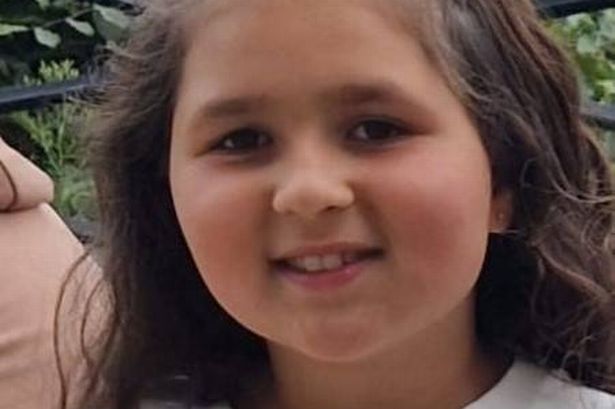Domestic Violence Does Not Discriminate – A Society Failing Women and Children
Eight-year-old Malika Noor Al Katib tragically lost her life after trying to protect her mother during a violent altercation in New Ross, Wexford. Malika, in her innocence and bravery, stepped between her mother and an alleged assailant, believing her presence could shield her mother from harm. Instead, this selfless act resulted in her death. She died in a situation no child should ever face, her final moments filled with unimaginable fear and pain.
This devastating case highlights the harrowing reality of domestic violence, it does not discriminate. It shatters lives indiscriminately, cutting across age, ethnicity, socioeconomic status, and geography. Malika’s death is an ugly reminder that domestic violence is not just an issue for women, it is a societal crisis with rippling effects that devastate entire families and communities.
As the headlines will eventually fade, her family, little school friends and community are left grappling with the aftermath. A grieving mother will carry the trauma of witnessing her child’s murder for the rest of her life. Extended family members and friends will forever mourn the loss of a little girl full of potential and joy. A community is left to process the senselessness of such violence. These deaths are preventable, but as a society, we continue to fail in taking the necessary steps to protect women and children from the horrors of domestic violence.
The Housing Crisis: No Escape for Victims
Ireland’s housing crisis exacerbates the dangers of domestic violence. With women’s refuges underfunded and stretched beyond capacity, victims have few options to escape abusive situations. In a country where thousands are already struggling to find housing, the prospect of leaving an abusive partner is fraught with uncertainty. For many women, staying in a violent home feels like the only choice, as there are simply no safe spaces for them and their children to go.
This lack of refuge space isn’t just a logistical issue, it’s a failure of priorities. It reflects a society unwilling to allocate resources to protect its most vulnerable. The harrowing reality is that women and children like Malika remain in harm’s way, their safety sacrificed to bureaucratic inefficiency and inadequate funding.
Desensitisation to Male Violence
We are becoming increasingly desensitised to male violence against women and children. Each headline, each tragic story like Malika’s, seems to momentarily shock us before fading into the background noise of daily life. The media often perpetuates this desensitisation, focusing on irrelevant details like the property value of the home where violence occurred or speculating about the perpetrator’s mental state.
What these narratives fail to address is the systemic issue of male violence. Domestic violence is not an isolated phenomenon. It is part of a broader pattern of control, entitlement, and disregard for the autonomy and safety of women and children. Until we confront this head-on, we will continue to read headlines like Malika’s.
The Human Cost
When the public’s attention moves on, the survivors are left to pick up the pieces. Malika’s mother is now a survivor of profound trauma, she not only endured abuse but also witnessed the murder of her child. Survivors often face a lifetime of mental health challenges, from PTSD to depression, compounded by a justice system and societal structure that fail to support them adequately.
This cycle of violence and its aftermath are preventable. We know what needs to be done:
- Increased Funding for Refuge Spaces: Ensuring every woman and child has a safe place to escape to.
- Education and Awareness: Addressing the root causes of male violence and teaching children about respect and equality from a young age.
- Stronger Legal Protections: Holding perpetrators accountable and ensuring survivors are supported through the legal process.
- Societal Accountability: Refusing to excuse or minimise acts of male violence, no matter the context.
Preventable Tragedies
Malika’s death should never have happened. It was preventable, like so many other deaths resulting from domestic violence. Each time we fail to act, we tacitly accept a world where women and children live in fear, where their safety is secondary to other societal priorities.
Malika’s bravery and tragic loss must not be in vain. Her story should galvanise us to demand better protections for victims of domestic violence, more resources for refuges, and a societal shift in how we view and address male violence. Until then, we remain complicit in a system that allows such horrors to continue.
This is not just a women’s issue. It is a human issue. And we cannot afford to wait any longer to address it.
Subscribe to The FEMCAST and help us bring these critical stories to light. Each listener, each voice, and each story makes a difference. Together, we can break the silence.
If you have experienced any form of abuse or violence, please visit our website HERE for supports and help.
If you enjoy my content and would like to support our research and work, consider buying me a coffee. Your contribution helps me continue creating this content. Thank you for your support! Click here to support
QR Code to support








